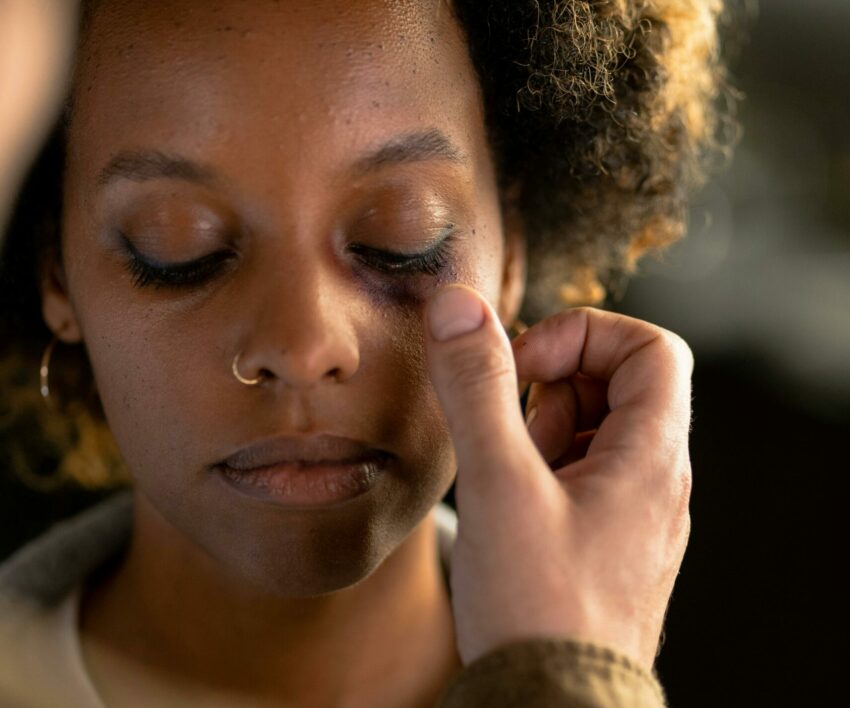
Bruised woman: Picture: Pexels
Today is World Trauma Day, a day dedicated to raising awareness about the many forms of trauma that can impact our lives—sometimes in ways we don’t even realise. Trauma isn’t just about physical injuries; emotional and psychological wounds can leave deep, lasting scars too.
Understanding the different types of trauma is the first step toward healing. Relevant publications detail trauma’s various forms and how recognising it can lead to recovery and resilience.
According to Medical News Today, trauma is an emotional response to a traumatic event, causing emotional and physical symptoms. It can lead to long-term effects on a person’s well-being, potentially developing into PTSD. There are various types of trauma, including acute, chronic, complex, and secondary trauma. Vicarious trauma occurs when a person develops trauma symptoms from close contact with someone who has experienced a traumatic event, which can mirror symptoms of PTSD.
All Points North explains that acute trauma is a single, isolated traumatic experience that can include accidents, life-threatening situations, loss of loved ones, natural disasters, sexual assault, or major injuries. It can cause short-term shock, grief, anger, confusion, and difficulty expressing emotions. Symptoms include anxiety, panic attacks, changes in hygiene, loss of focus, suspicious behaviour, confusion, and insomnia, the publication adds.
“While many people who experience acute trauma recover quickly and never go on to receive a diagnosis of post-traumatic stress disorder, a single traumatic event can sometimes affect people for months, years, or even decades.”
Chronic trauma is defined by Health Match as a response to repeated traumatic experiences, unlike acute trauma, which occurs after just one event. Examples of chronic trauma are said to include physical abuse, sexual abuse, emotional abuse, domestic violence, and poverty. Physical abuse involves using force to control victims, while sexual abuse takes advantage of weaker individuals, leading to flashbacks, anxiety, depression, and PTSD.
According to TalkSpace, “Complex trauma is when you experience multiple and varied traumatic events. This type of trauma is often in the context of significant interpersonal relationships. As a result, you form unique reactions in your response to trauma.”
Also see: Understanding trauma releasing exercise
